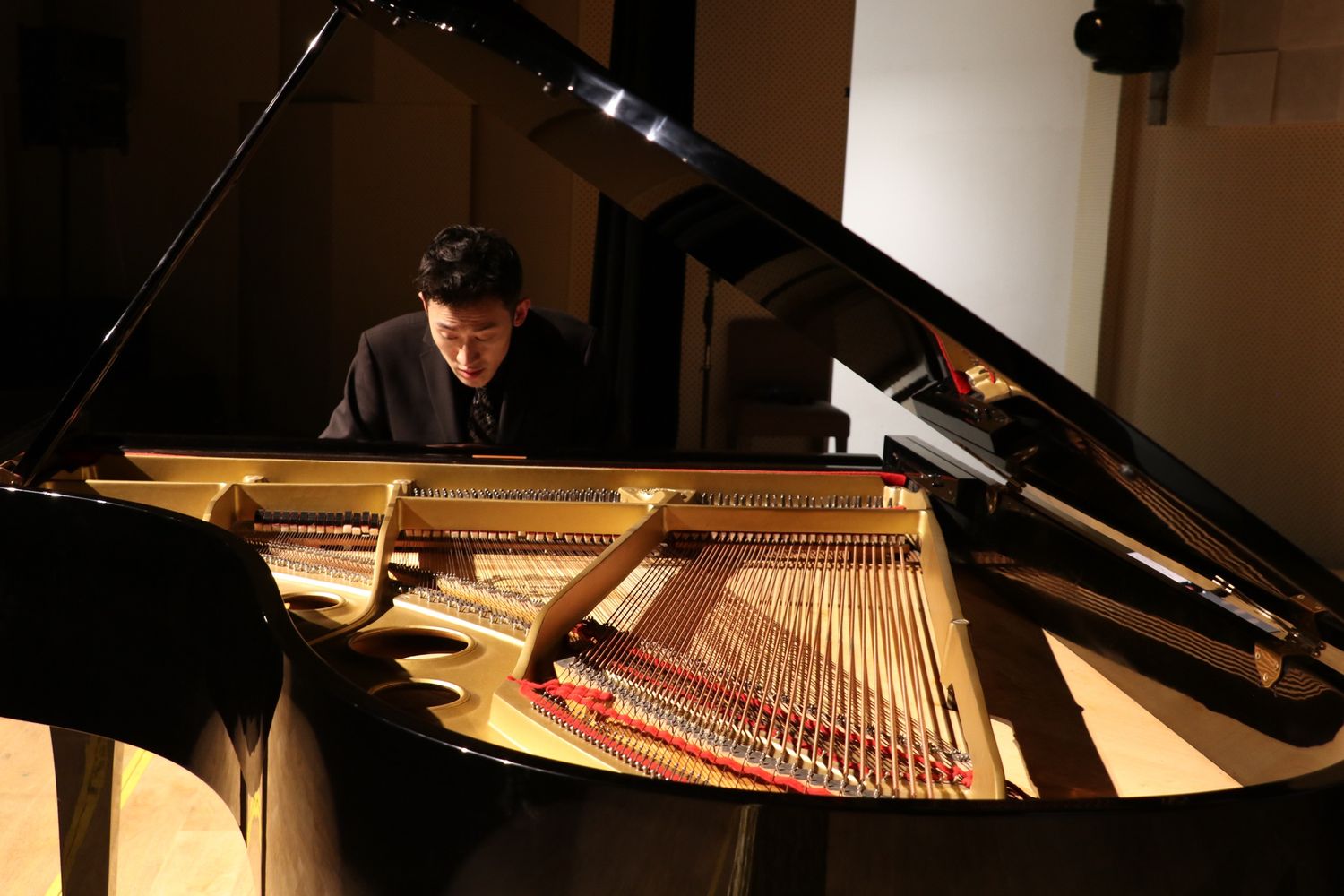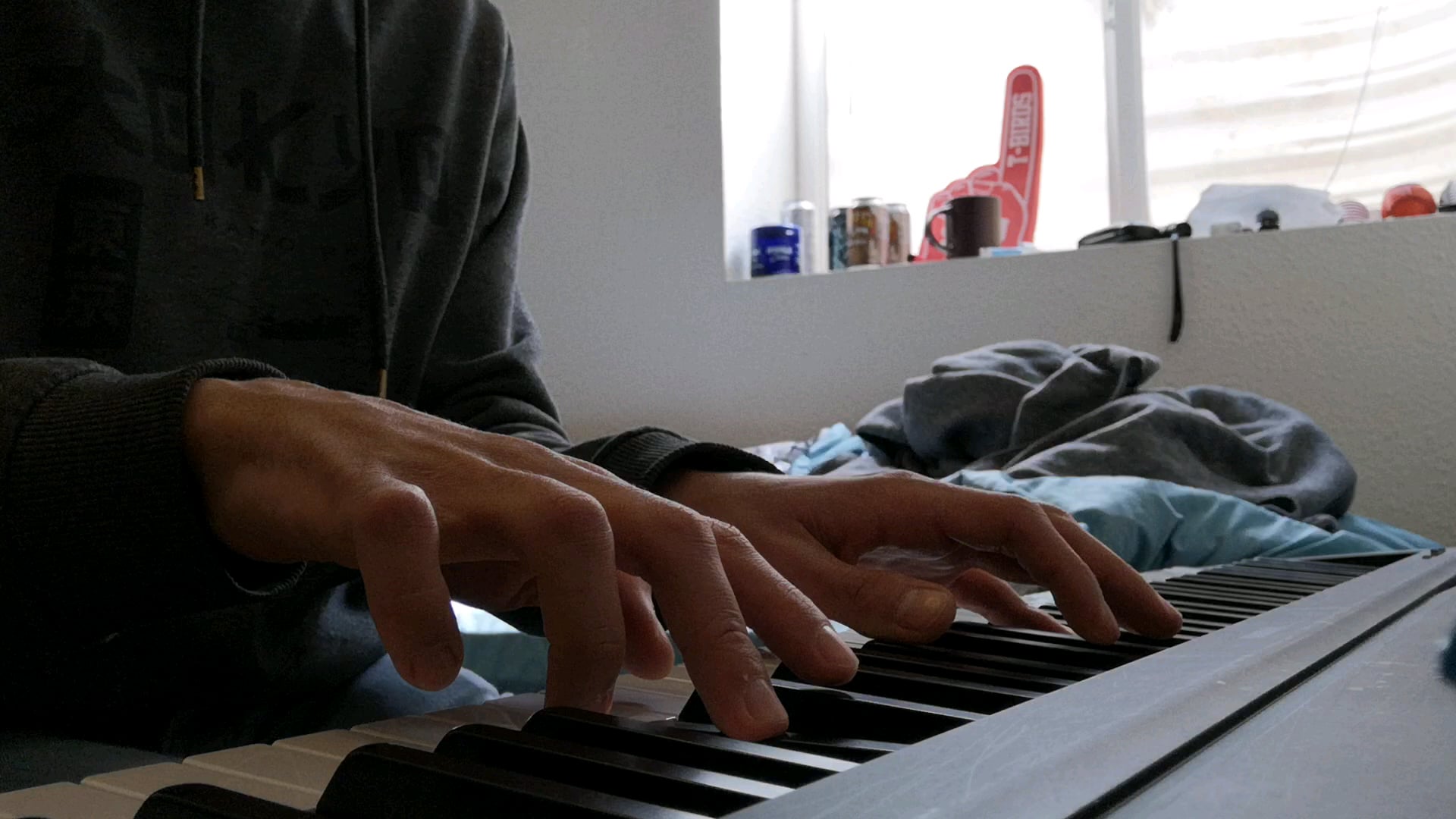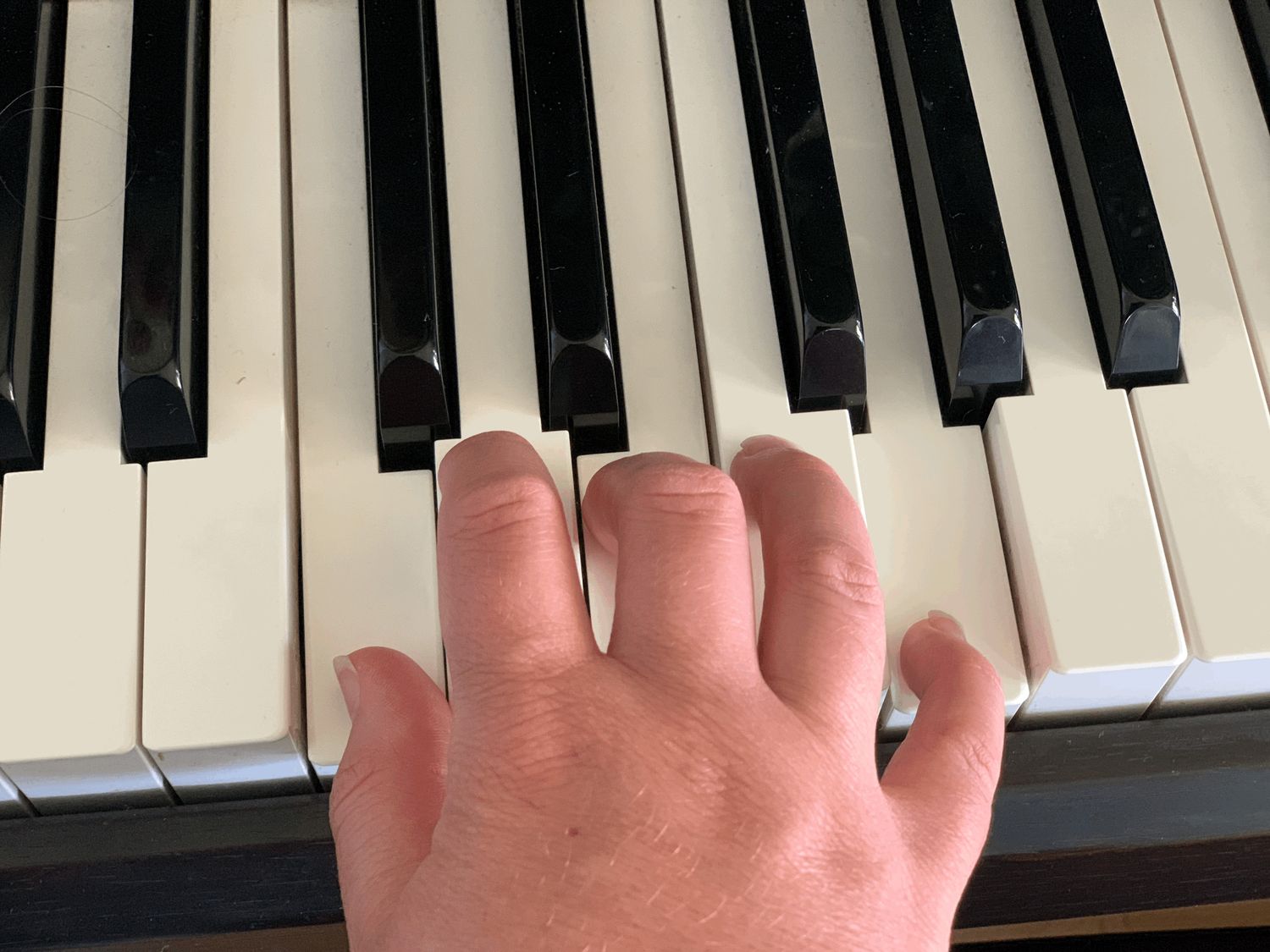Home>Instruments>Piano>How Old Was Chopin When He Began To Play Piano


Piano
How Old Was Chopin When He Began To Play Piano
Published: February 10, 2024
Discover the early talent of Chopin as he began playing the piano at a young age. Uncover the remarkable journey of a musical prodigy.
(Many of the links in this article redirect to a specific reviewed product. Your purchase of these products through affiliate links helps to generate commission for AudioLover.com, at no extra cost. Learn more)
Table of Contents
Introduction
Exploring the Early Beginnings of a Musical Prodigy
Frederic Chopin, the renowned Polish composer and virtuoso pianist, is celebrated for his profound influence on piano music. His compositions, characterized by their emotional depth and technical brilliance, continue to captivate audiences worldwide. However, before delving into the intricacies of his musical mastery, it is essential to understand the origins of his remarkable journey with the piano.
Chopin's legacy is a testament to the power of early exposure to music and the unwavering passion that drives a young prodigy towards greatness. The story of his introduction to the piano is not only a testament to his innate talent but also offers invaluable insights into the formative years of a musical genius.
In the following sections, we will embark on a captivating journey through the pivotal moments of Chopin's early life and musical education, culminating in the emergence of his extraordinary talent as a pianist. By delving into the details of his upbringing and the influences that shaped his musical prowess, we can gain a deeper appreciation for the profound impact of his piano playing on the world of classical music.
Join us as we unravel the captivating tale of a young Chopin's musical odyssey, from his formative years in Poland to the pivotal moments that marked the beginning of his illustrious career as a pianist. Let's step back in time to witness the budding of a musical genius whose timeless melodies continue to resonate across centuries.
Early Life and Musical Education
Roots of Musical Inspiration
Frederic Chopin was born on March 1, 1810, in Żelazowa Wola, a village in central Poland. From an early age, he demonstrated an innate musical talent that would eventually blossom into his unrivaled skill as a pianist and composer. His family environment played a pivotal role in nurturing his passion for music, with his father, a French immigrant, and his mother, a cultured Polish woman, fostering an atmosphere of artistic appreciation within their household.
Chopin’s musical education commenced under the guidance of his mother, who herself was a competent pianist. Recognizing her son’s exceptional musical aptitude, she provided him with his initial piano lessons, laying the foundation for his future virtuosity. As he honed his skills, it became evident that Chopin possessed a rare gift that transcended mere technical proficiency, imbuing his performances with profound emotion and sensitivity.
At the age of seven, Chopin commenced formal piano lessons with Wojciech Żywny, a renowned piano instructor in Warsaw. Under Żywny’s tutelage, the young prodigy rapidly advanced, mastering the works of leading composers and showcasing an unparalleled ability to convey intricate emotions through his playing. His burgeoning talent soon garnered widespread acclaim, solidifying his status as a musical prodigy within the vibrant cultural milieu of Warsaw.
Chopin’s exposure to a diverse array of musical influences during his formative years in Warsaw profoundly shaped his artistic sensibilities. The city’s rich tapestry of musical traditions, ranging from Polish folk melodies to the classical masterpieces of renowned composers, provided him with a multifaceted foundation upon which he would later weave his own innovative compositions.
As we delve into the early chapters of Chopin’s life, we gain a deeper understanding of the formative experiences that laid the groundwork for his future achievements. The nurturing environment of his childhood, coupled with the guidance of accomplished mentors, propelled him towards a destiny that would revolutionize the world of piano music.
Chopin’s Piano Playing Beginnings
Unveiling the Genesis of a Pianistic Prodigy
The emergence of Frederic Chopin as a prodigious pianist marked a transformative phase in the realm of classical music. His early forays into public performance and composition showcased a level of artistry and technical prowess that belied his tender age, captivating audiences and critics alike.
Chopin’s initial public recital at the age of eight served as a harbinger of his future eminence, offering a glimpse into the extraordinary talent that would soon revolutionize piano music. His performances, characterized by an exquisite blend of virtuosity and profound musical expression, elicited widespread acclaim and admiration, laying the groundwork for his illustrious career as a pianist.
As he matured, Chopin’s virtuosity and innovation continued to flourish, culminating in his relocation to Paris, a vibrant hub of artistic and intellectual fervor. In this dynamic milieu, he found himself amidst a community of esteemed musicians and composers, further enriching his artistic perspective and propelling him towards unparalleled creative heights.
Chopin’s piano playing transcended mere technical brilliance, encapsulating a profound emotional depth that resonated with audiences on a deeply personal level. His compositions, often imbued with poignant introspection and haunting lyricism, reflected his introspective nature and his ability to channel a myriad of emotions through the ethereal language of music.
Furthermore, his innovative approach to piano composition and performance, characterized by the integration of Polish folk elements and a nuanced harmonic language, established him as a trailblazer in the realm of piano music. His nocturnes, mazurkas, and polonaises, among other works, stand as timeless testaments to his unparalleled artistry and enduring influence.
Chopin’s piano playing beginnings not only heralded the rise of a virtuoso but also signaled a paradigm shift in the landscape of classical music. His unparalleled ability to infuse his compositions with profound emotion and his revolutionary approach to piano technique continue to inspire and captivate pianists and music enthusiasts across the globe.
Conclusion
Legacy of a Musical Luminary
As we trace the early chapters of Frederic Chopin’s musical odyssey, we uncover the formative experiences and influences that shaped his extraordinary journey as a pianist. From his childhood in Żelazowa Wola to the vibrant cultural milieu of Warsaw, Chopin’s immersion in music from a young age laid the groundwork for his future eminence as a virtuoso and composer.
The profound impact of Chopin’s piano playing is indelibly woven into the fabric of classical music, transcending temporal boundaries to resonate with audiences across generations. His ability to imbue his compositions with a transcendent emotional depth and his innovative approach to piano technique continue to inspire and influence pianists and composers worldwide.
Chopin’s legacy endures as a testament to the enduring power of musical expression and the boundless potential of artistic innovation. His compositions, characterized by their unparalleled lyricism and harmonic richness, serve as a perennial source of inspiration for musicians and aficionados, perpetuating his profound influence on the world of classical music.
By delving into the origins of Chopin’s piano playing beginnings, we gain a deeper appreciation for the transformative impact of his artistry. His ability to transcend the confines of conventional musical expression and convey profound emotions through the piano solidifies his status as a luminary whose legacy continues to illuminate the realm of classical music.
As we reflect on the early stages of Chopin’s musical journey, we are reminded of the enduring power of artistic passion and the timeless resonance of musical genius. Through his unparalleled contributions to the piano repertoire and his indelible imprint on the annals of classical music, Chopin remains an eternal source of inspiration, perpetuating the legacy of a musical luminary whose brilliance knows no bounds.











